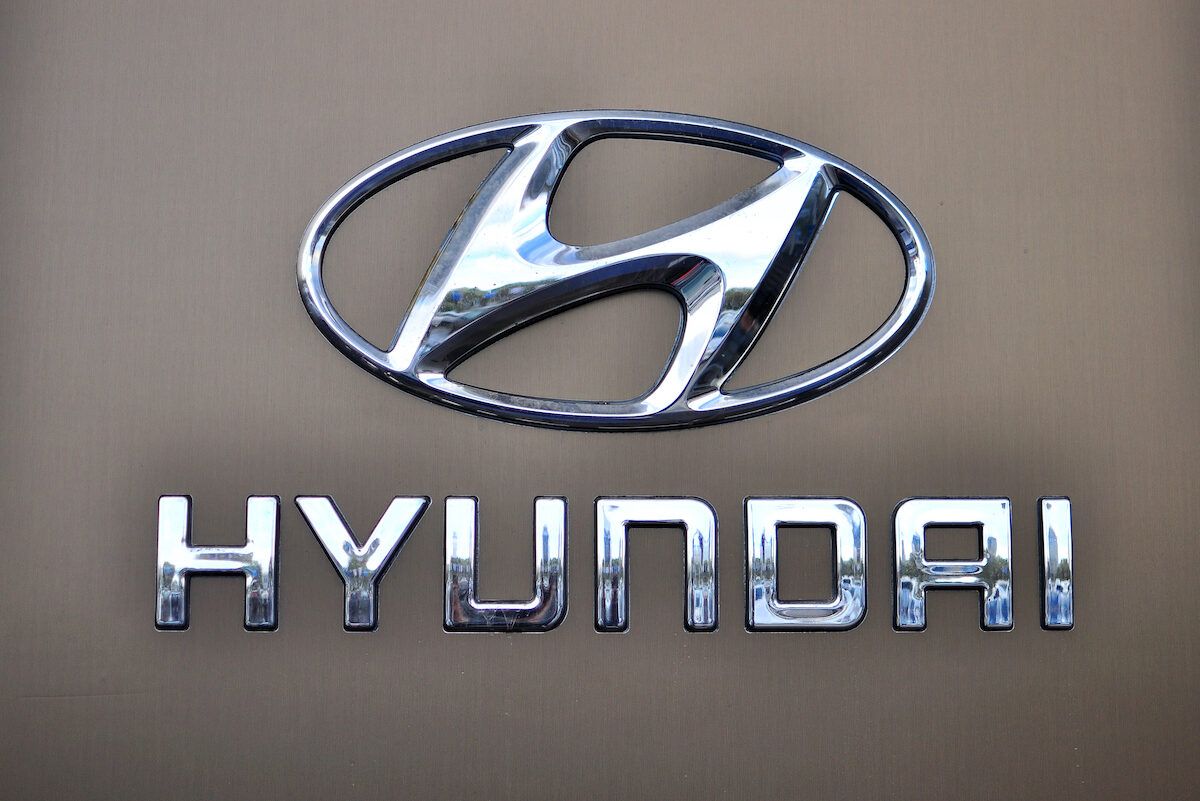
Update:
- A judge dismissed a class action lawsuit filed by a group of vehicle owners against Hyundai Motor Co. in a California federal court.
- The class action lawsuit claimed a number of Hyundai and Kia model vehicles contained an engine defect that caused them to use an excessive amount of oil.
- The vehicle owners argued the alleged defect, in addition to costing them money for the excess oil, caused the vehicles to stall and eventually fail.
- Court approval of the dismissal was not required as the class had not been certified nor proposed to be certified for purposes of a settlement, according to court documents.
Hyundai excessive oil consumption class action lawsuit overview:
- Who: A group of Hyundai and Kia vehicle owners are suing Hyundai Motor Co.
- Why: The drivers allege numerous models of Hyundai and Kia vehicles are equipped with defective engines that use excessive amounts of oil, stall and eventually fail.
- Where: The lawsuit was filed in a California federal court.
(April 20, 2022)
Hyundai makes numerous models of Hyundai and Kia brand vehicles with defective engines that use excessive amounts of oil, costing their owners huge sums of money, a new class action lawsuit alleges.
On Apr. 12, eight owners of Hyundai and Kia brand vehicles filed a class action lawsuit against Hyundai Motor Co. in a California federal court, alleging violations of federal warranty laws.
The Hyundai excessive oil consumption lawsuit alleges that numerous models of the automaker’s vehicles are equipped with defective Nu, Gamma, Theta, Lambda and Kappa engines.
The defective engines allegedly use excessive amounts of oil, stall and eventually fail. The drivers say Hyundai should have issued a recall for the vehicles a long time ago but hasn’t.
As a result, thousands of Hyundai and Kia owners and lessees have allegedly been forced to constantly check the oil levels, and oil must be added to the engines more frequently than even the owner’s manuals recommend, Car Complaints reports.
The engine issue has flow-on effects like reduction in engine lubrication due to crankshaft submersion and gaskets and seals damage, which leads to oil leaks.
The plaintiffs also claim that oil in their vehicles migrates to places where it shouldn’t be, damaging the combustion and exhaust systems.
This allegedly causes “abnormal wear of engine parts, oversaturation of carbon and deposits of oil sludge, ultimately requiring a costly engine rebuild or replacement.”
Automaker should honor warranty claims outside terms, Hyundai class action says
The plaintiffs allege that Hyundai should honor customers’ warranty claims even when the warranties have expired.
According to the lawsuit, Hyundai can’t adequately repair the oil consumption problems and doesn’t offer any reimbursement for out-of-pocket costs caused by the issue.
The class action states customers must suffer through long wait times for replacement parts, “and in most cases do not receive required engine replacements.”
The cars with the allegedly faulty engines include the 2012-2020 Hyundai Elantra, 2009-2018 Hyundai Genesis Coupe, 2019-2021 Hyundai Kona, 2020-2021 Hyundai Palisade, 2010-2012 and 2015-2021 Hyundai Santa Fe, 2009-2010 and 2015-2021 Hyundai Sonata, 2011–2021 Hyundai Sonata Hybrid, 2010-2013 and 2015-2021 Hyundai Tucson, 2011-2021 Hyundai Veloster, 2020-2021 Hyundai Venue, 2010-2021 Kia Forte, 2017-2020 Kia Niro, 2011-2020 Kia Optima and Optima Hybrid, 2012-2021 Kia Rio, 2011-2020 Kia Sorento, 2012-2021 Kia Soul, 2011-2020 Kia Sportage, 2018-2021 Kia Stinger and 2022 Kia K5.
Meanwhile, Hyundai has expanded its recall of vehicles with an exploding seat belt part issue that has caused multiple injuries to include 6,240 of its 2021-2022 Elantra and 2020 Accent vehicles.
The plaintiffs are represented by Nye, Stirling, Hale & Miller LLP, Sauder Schelkopf LLC and Walsh, PLLC.
The Hyundai Oil Consumption Lawsuit is Cho, et al., v. Hyundai Motor Company, LTD., et al. in the U.S. District Court for the Central District of California.
Are you one of the drivers affected by an allegedly faulty Hyundai engine? Let us know in the comments!
Don’t Miss Out!
Check out our list of Class Action Lawsuits and Class Action Settlements you may qualify to join!
Read About More Class Action Lawsuits & Class Action Settlements:















3,221 thoughts onHyundai class action over excessive oil consumption dismissed
I have a 2017 Hyundai Elantra and it has been burning oil bad 2 quarts every 600 miles would love to be in class action lawsuit for new motor
2018 Hyundai Sonata having the same issues. I thought I was crazy when I replaced the oil in my car and not even 2 weeks later it was dry. Would like to join the lawsuit.
2016 Hyundai Tucson turbo. 106,000 miles and suddenly burning oil. Dealer said Hyundai denied claim as It’s over 100,000 miles and I am second owner. Will someone contact me to add as member on class action suit?
I have a 2017 Hyundai Santa Fe that burns quart of oil for every tank of gas. I took it to the dealership and they worked on it for $1800.00 and it is still burning oil at the same rate. They basically said I need a new engine, vehicle had 120,000 miles on it when the issue first started.
I would like to be added to this a action lawsuit. I have a 2017 Elantra GT that burns uses excessive oil. It is not burning it nor leaking it. I believe this issue has also caused my catalytic convertor to fail.
My 2016 Hyundai Tucson burns more then 2 quarts of oil every week and I would like to join in on the Lawsuit. Had my oil changed 10 days ago and it’s half empty already. No leak.
My 2019 Tucson is burning so much oil and it don’t smoke and the light don’t come in and I have a warranty they are not abiding by
My daughters bought this vehicle in 2020 Hyundai Santa Fe Sport with 81,000 miles. She has been having to add oil to this vehicle every week because it burns off. We went the Columbia Hyundai and did the first test (they did an oil change and came back 1000 miles, it was dry) so they wanted us to do the Consumption test we did that yesterday. They called me back and stated the engine was bad and they would request a new engine from Hyundai. I got a call today that they denied it saying the only recall for engine replacement was the rod bearings. Her vehicle is sitting down at the dealer not being able to drive because the motor burned up. She has no other transportation, she is 23 with 2 babies, she needs a car.
2016 Hyundai sonata just purchased in March, found out when we had our first oil change that it was an issue unfortunately we didn’t purchase the extended warranty.
I’m having the same issues with my Honda Santana using oil like crazy
My car is also doing this. I have a 2015 Hyundai Sante Fe and I am putting in about 3 qts of oil every 1000 miles. Im very worried its going to ruin the engine. I think Hyundai should replace the engines.